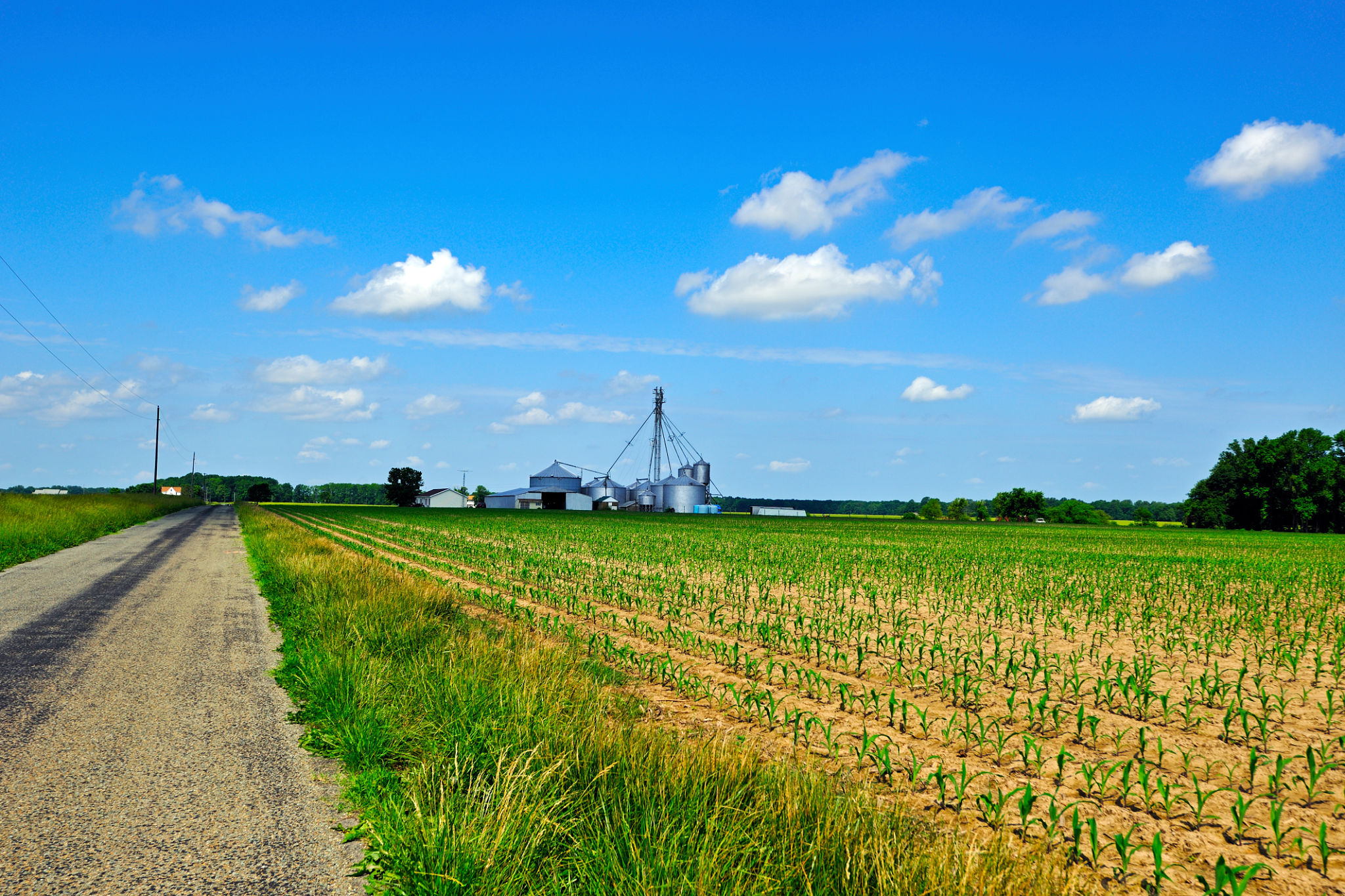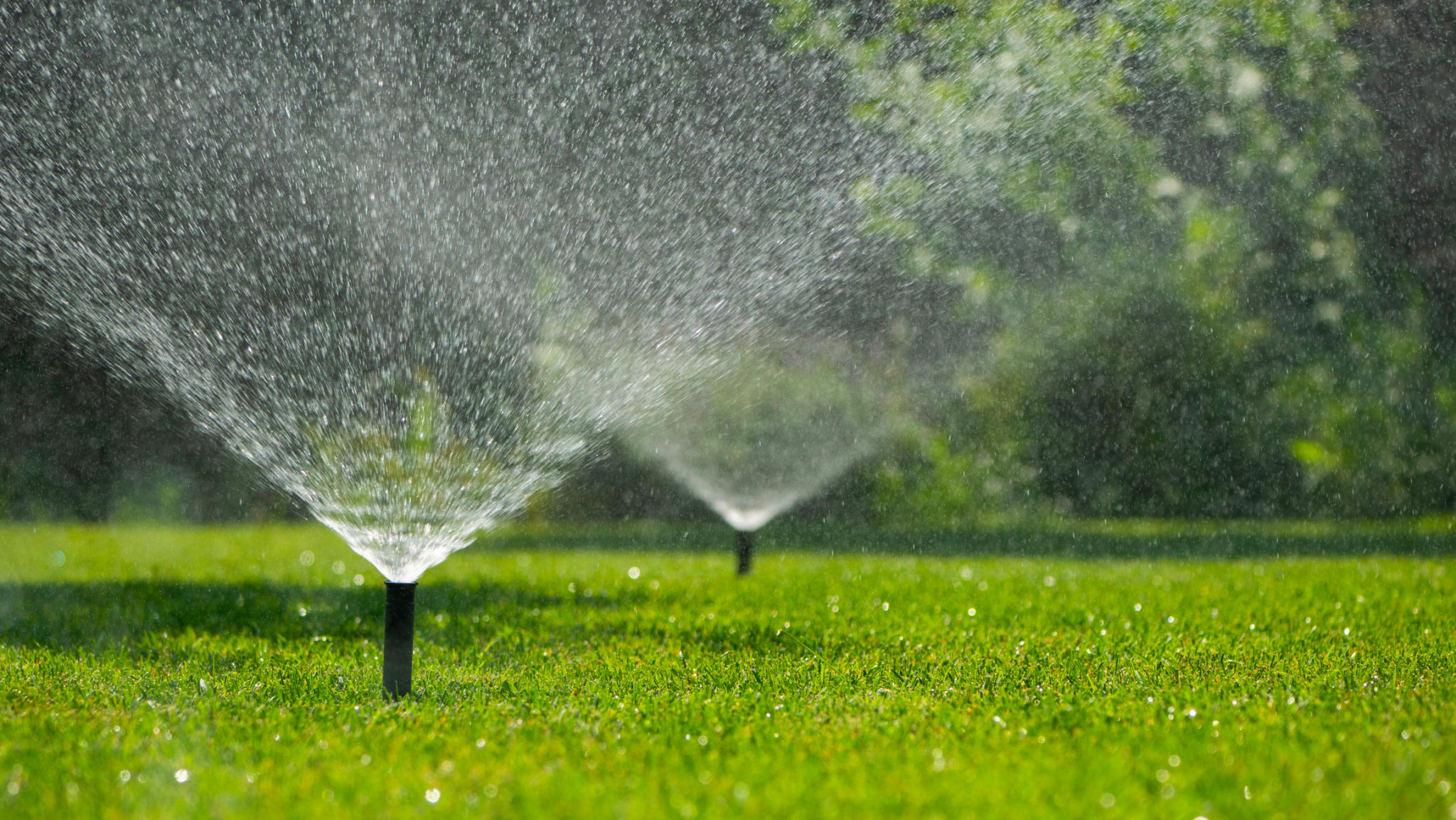Essential Water Management Techniques for Delaware Agriculture
Understanding the Importance of Water Management
The state of Delaware plays a crucial role in the agriculture industry, thanks to its fertile soil and favorable climate. However, effective water management is vital to sustain productivity and ensure environmental balance. With agriculture being a significant consumer of water resources, implementing efficient water management techniques is essential for both economic and ecological reasons.
Over the years, Delaware has faced various challenges related to water scarcity and quality. It is imperative for farmers to adopt innovative strategies that not only conserve water but also enhance crop yield. In this post, we will explore some essential water management techniques that are particularly beneficial for Delaware's agricultural landscape.

Efficient Irrigation Systems
Drip Irrigation
Drip irrigation is one of the most efficient methods of watering crops. This system delivers water directly to the root zone of plants, minimizing evaporation and runoff. By using a series of tubes and emitters, water is applied slowly and precisely, ensuring that each plant receives the optimal amount of moisture.
This technique not only conserves water but also helps in reducing weed growth and soil erosion. For Delaware farmers looking to improve their water management practices, investing in drip irrigation systems can lead to significant water savings and increased crop productivity.
Sprinkler Systems
Another effective irrigation method is the use of sprinkler systems. These systems are versatile and can cover large areas, making them suitable for various crops grown in Delaware. Sprinklers can be automated to apply water at specific times, ensuring that crops receive adequate hydration even during periods of low rainfall.

Soil Moisture Monitoring
Monitoring soil moisture levels is a key component of efficient water management. By using soil moisture sensors, farmers can gain real-time insights into the water needs of their crops. This data-driven approach allows for precise irrigation scheduling, preventing overwatering or underwatering.
In Delaware, where weather patterns can be unpredictable, having access to accurate soil moisture data ensures that crops remain healthy and yields are maximized. Incorporating technology into traditional farming practices can lead to more sustainable water usage and long-term agricultural success.
Rainwater Harvesting
Rainwater harvesting is an age-old technique that remains relevant today, especially in regions like Delaware where rainfall can be sporadic. By collecting and storing rainwater, farmers can create a supplementary water source for irrigation needs.
This method reduces dependency on groundwater and helps in maintaining the natural water cycle. Implementing rainwater harvesting systems can be a cost-effective solution for Delaware farmers looking to enhance their water management strategies.

Crop Rotation and Selection
The choice of crops and their rotation patterns can significantly influence water usage. Some crops require less water than others and are more resilient to dry conditions. By selecting drought-resistant varieties and planning crop rotations strategically, farmers can optimize water use.
Incorporating cover crops into rotations can also improve soil health, enhancing its ability to retain moisture. This holistic approach to farming not only conserves water but also improves overall soil fertility and crop resilience.
